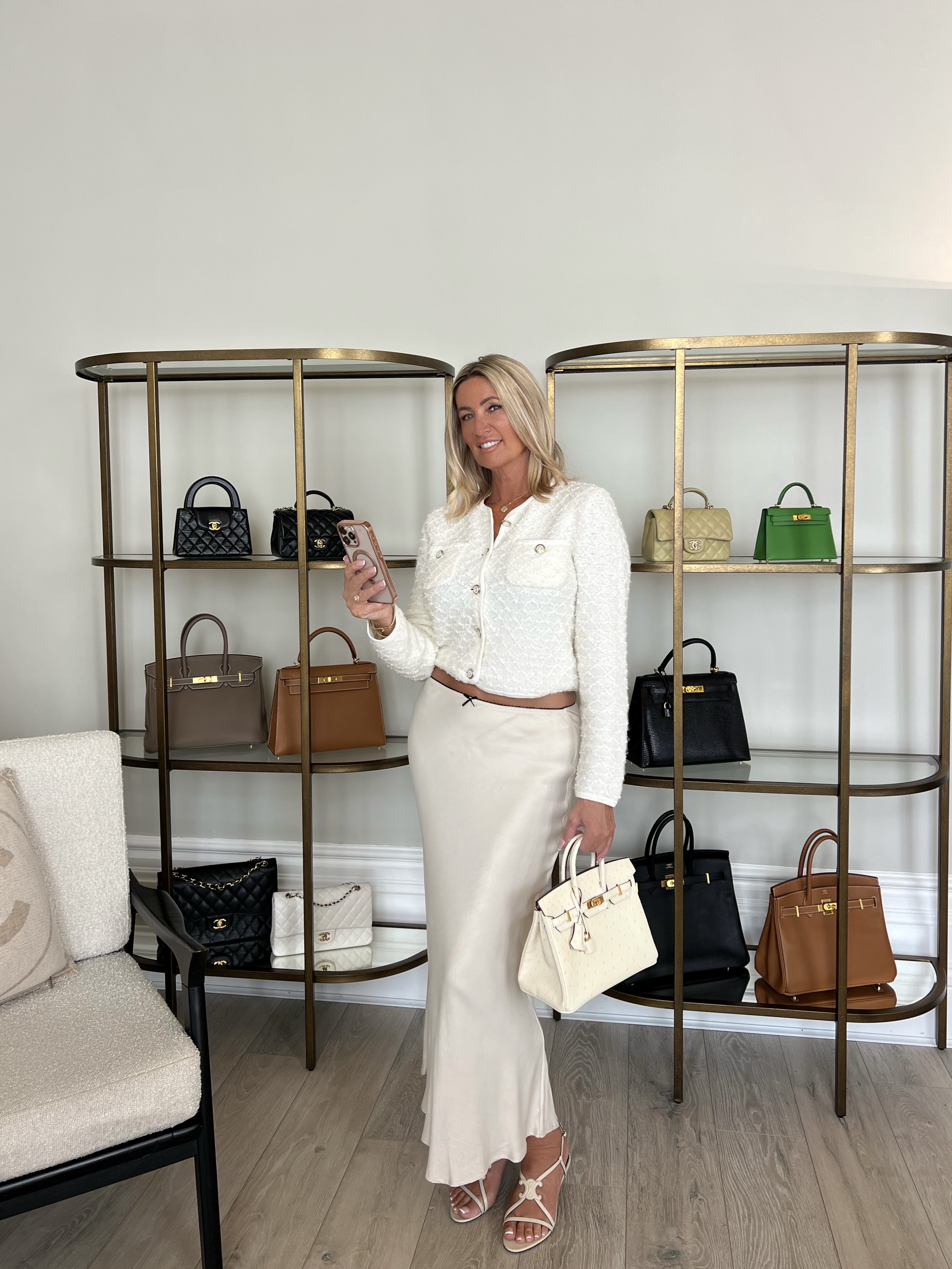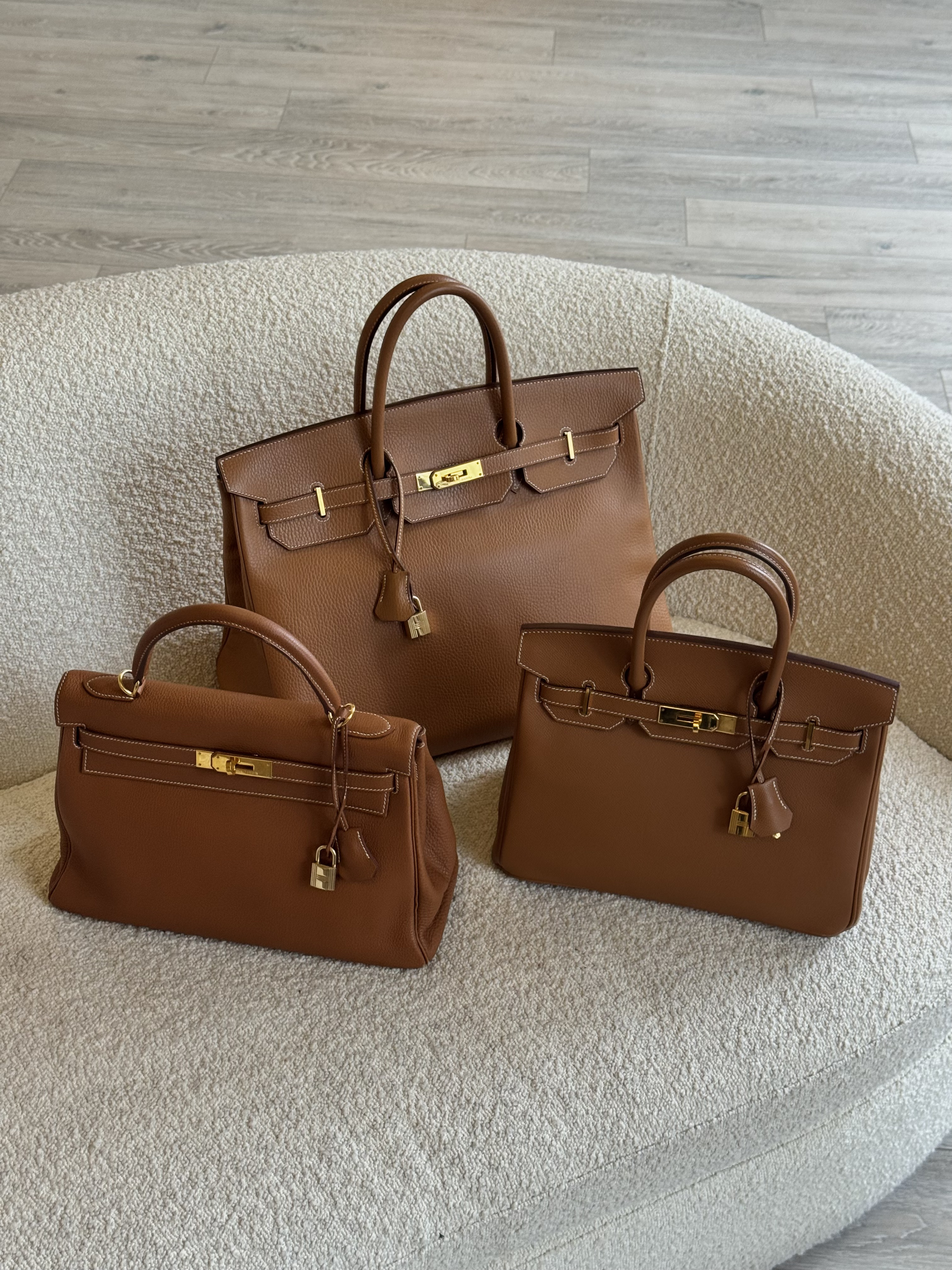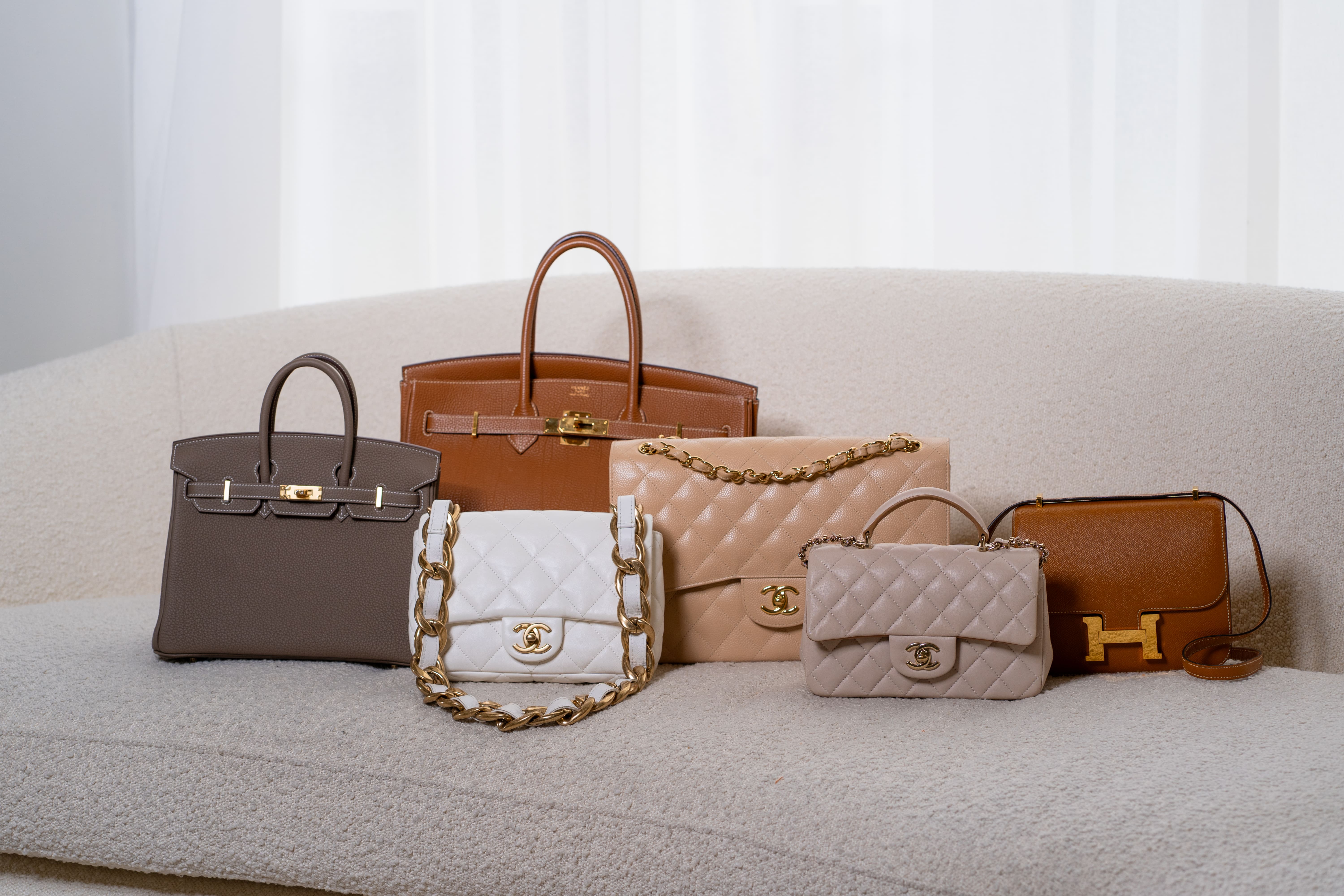In still moments when familiar routines fall away, there’s a quiet tug toward what we hold close—a small ritual of care that speaks across lives. That instinct to safeguard something precious can shift quickly into action when the world tilts. Now, with pre-loved luxury items flooding online marketplaces, Rebeka spotted a gap for privacy and personal service. After her staffing agency collapsed in lockdown, she asked herself how to turn a handful of designer bags into a sustainable business. On April 14, 2021, she registered Luxe Cheshire, photographing inventory in her bedroom and storing pieces in her garage. She tapped friends’ networks for stock, settled on a sliding commission model, and vowed to treat every client as she’d wish to be treated—securely, discreetly, and without high fees.
“When winter came, I couldn’t risk bags in a cold garage,” Rebeka recalls, choosing to launch her first showroom that October.
Luxe Cheshire operates on consignment: clients bring their authenticated items under a 12-week agreement, and the company handles pricing, photography, and sales for a commission that ranges from 17 percent on six-figure Birkin bags to 37 percent on lower-priced pieces. Every item ships with a certificate of authenticity. The pivot from home to a rural showroom was more than a change of location—it marked an inflection point in operations. “I went from handling everything myself—photography, packaging, appointments—to leading a small team,” she says. To track hundreds of thousands of pounds in stock, Rebeka adopted Shopify for SKU management and archive searches. That system enabled her to scale smoothly from solo founder to overseeing four staff members, all while keeping overhead low and quality high.
.png)



%20(1).jpg)
.jpg)
.jpg)
%20(1).jpg)


.png)